If you're like many people, you may have trouble falling asleep or staying asleep at night. Insomnia, stress, and other factors can all interfere with your ability to get a good night's rest, leaving you feeling tired and grumpy the next day. Fortunately, essential oils can be a natural and effective way to promote relaxation and improve your sleep.
Essential oils are concentrated plant extracts that are known for their therapeutic properties. When inhaled or applied to the skin, they can help to promote relaxation and calm, making them a great choice for those who struggle with sleep. In fact, some essential oils have been shown to have a sedative effect, which can help to lull you into a deep, restful sleep.
One of the best essential oils for sleep is lavender. This oil has a calming, floral scent that is known to promote relaxation and reduce anxiety. In one study, lavender essential oil was shown to improve sleep quality and reduce the time it took for participants to fall asleep. You can use lavender oil on its own or blend it with other calming oils, such as chamomile or cedarwood, for an even more relaxing effect.
Another essential oil that can help you sleep is valerian. This oil is derived from the valerian plant, which has been used for centuries to promote sleep and reduce anxiety. In one study, valerian essential oil was found to significantly improve sleep quality and reduce the time it took for participants to fall asleep. You can use valerian oil on its own or blend it with other sleep-promoting oils, such as lavender or bergamot.
If you're not a fan of the floral or spicy scents of lavender and valerian, there are other essential oils that can help you sleep. For example, ylang ylang has a sweet, floral scent that is known to calm the mind and promote relaxation. You can use ylang ylang oil on its own or blend it with other calming oils, such as sandalwood or jasmine.
To use essential oils for sleep, there are a few different methods you can try. One option is to diffuse the oils using a diffuser. This allows the oils to be dispersed into the air, where you can inhale them and experience their calming effects. You can also dilute the oils with a carrier oil (such as jojoba oil or sweet almond oil) and apply them to your skin. Just be sure to follow the instructions on the label and do a patch test before using any oil on your skin, as some oils can be irritating to sensitive skin.
In conclusion, essential oils can be a natural and effective way to promote relaxation and improve your sleep. Whether you choose lavender, valerian, ylang ylang, or another calming oil, incorporating essential oils into your bedtime routine can help you fall asleep faster and wake up feeling refreshed and well-rested. So why not give them a try and see how they can improve your sleep?
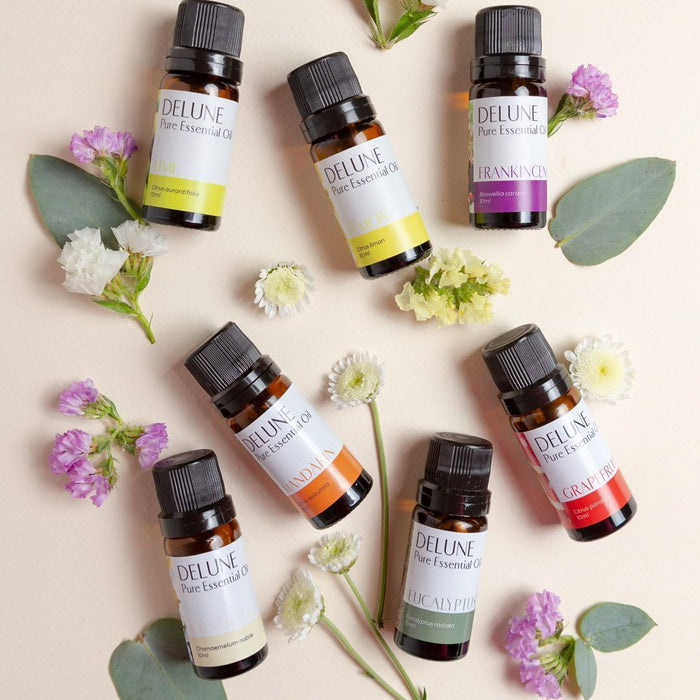


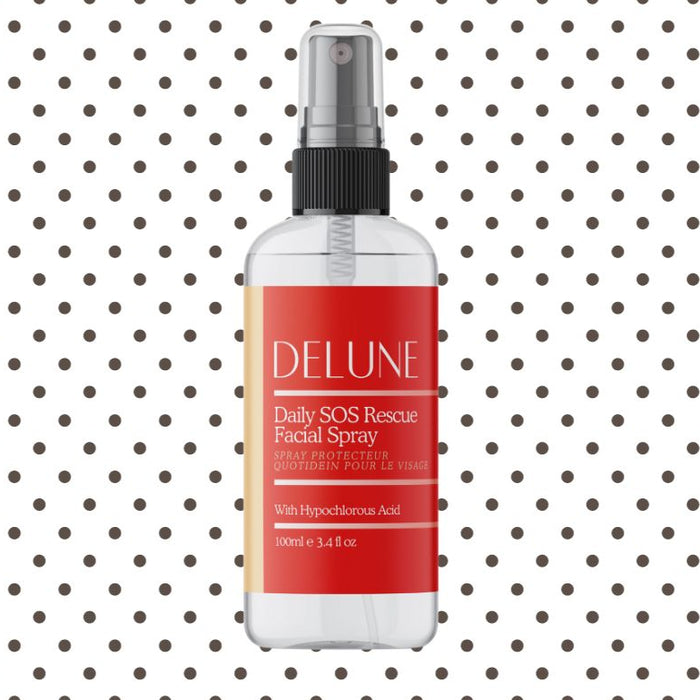

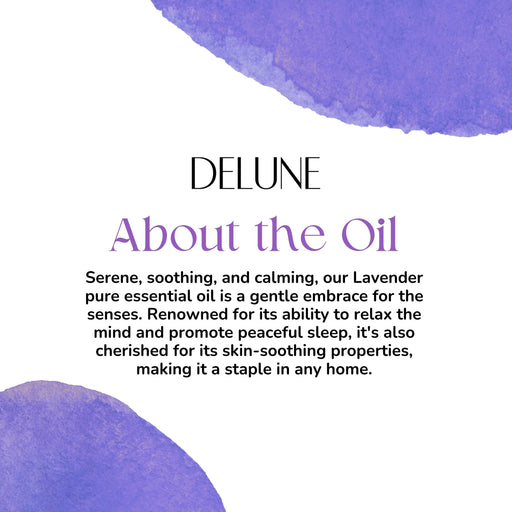
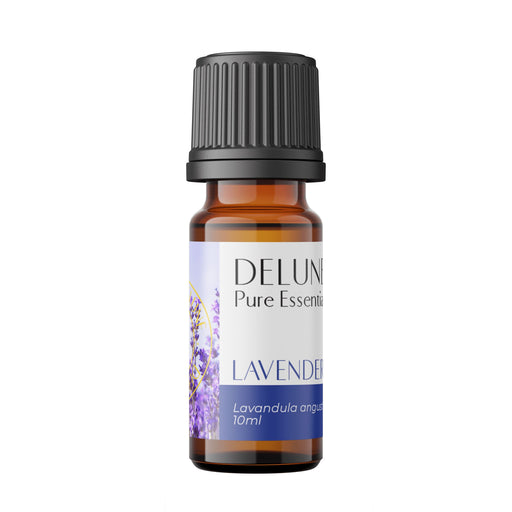

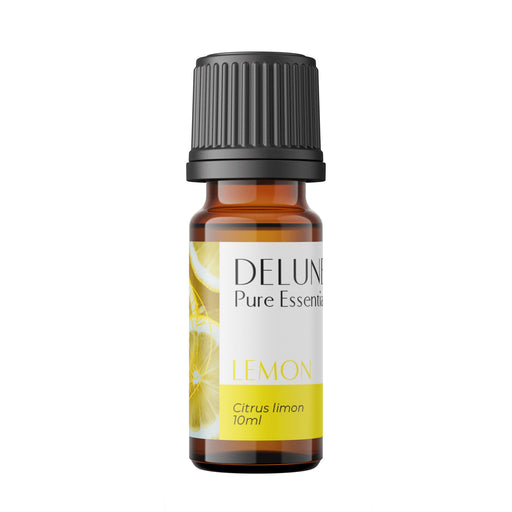
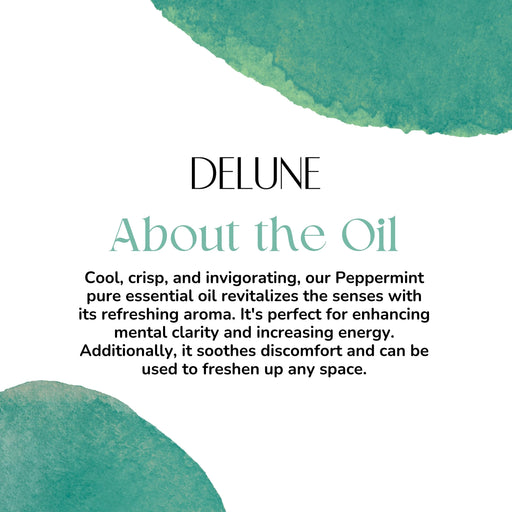
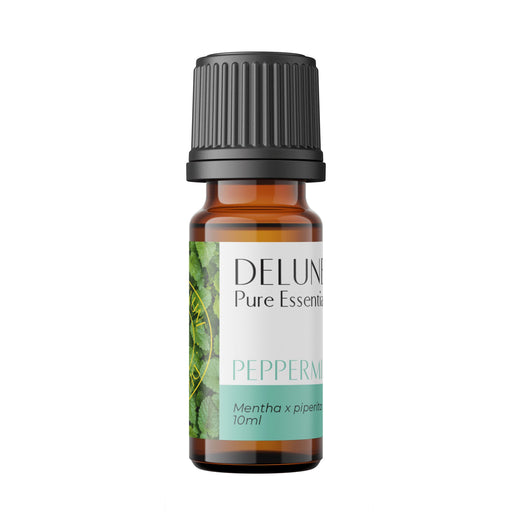

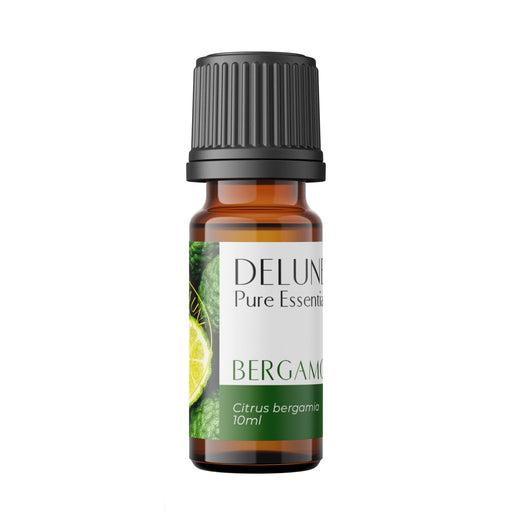

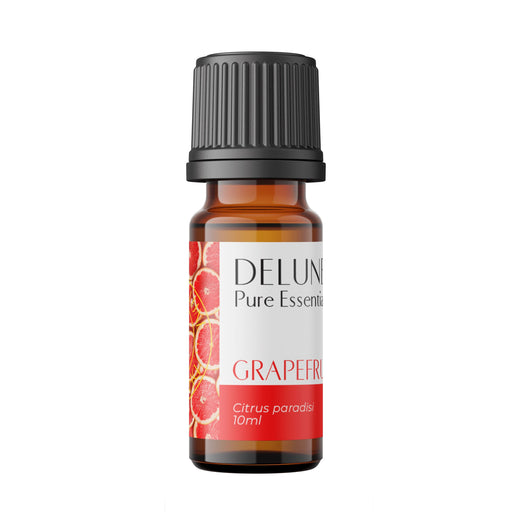

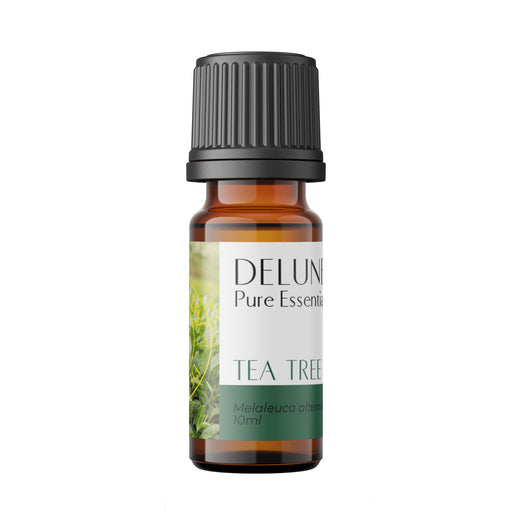

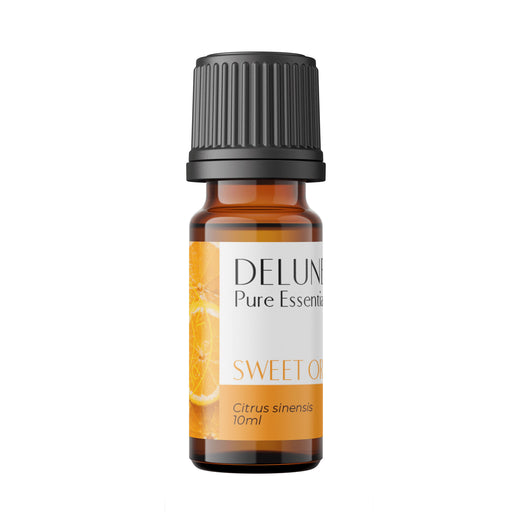
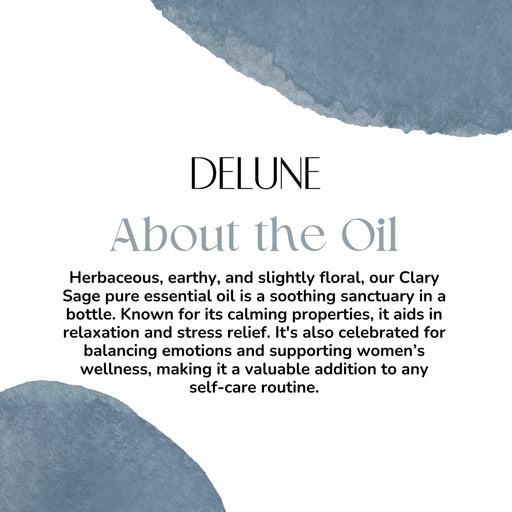
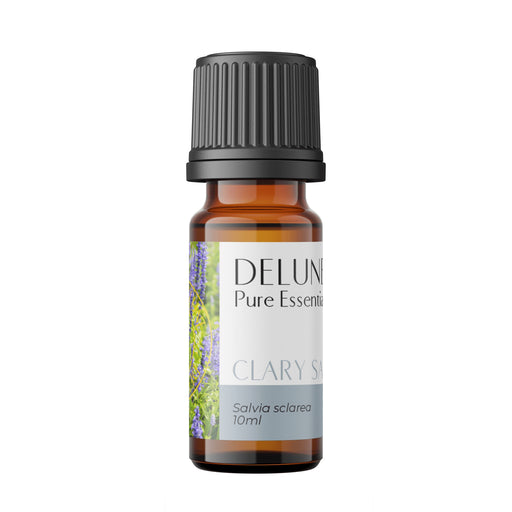

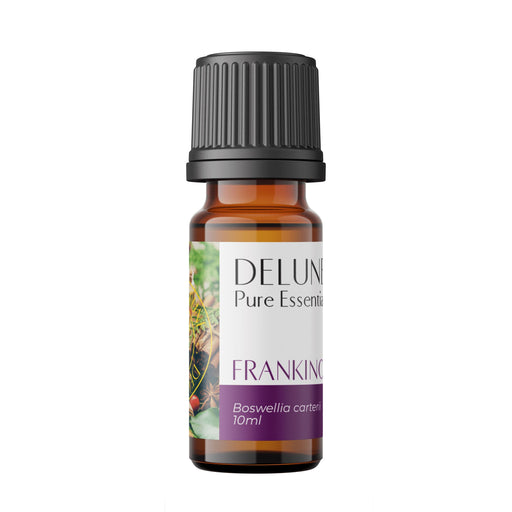
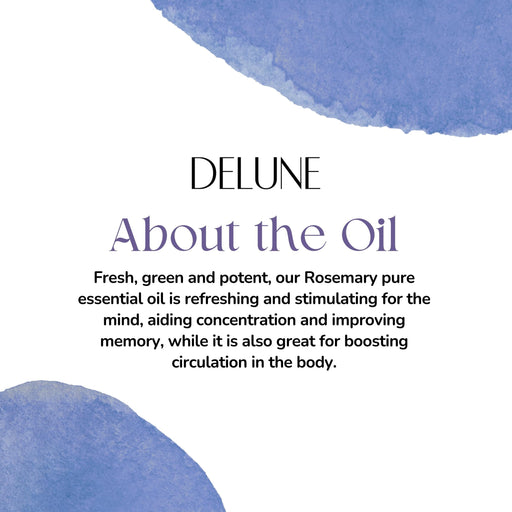
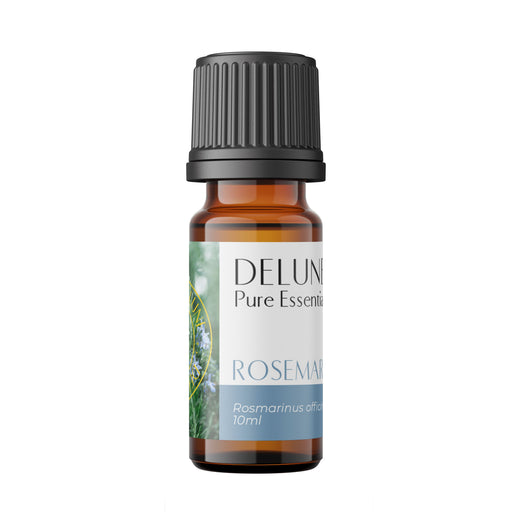
Leave a comment